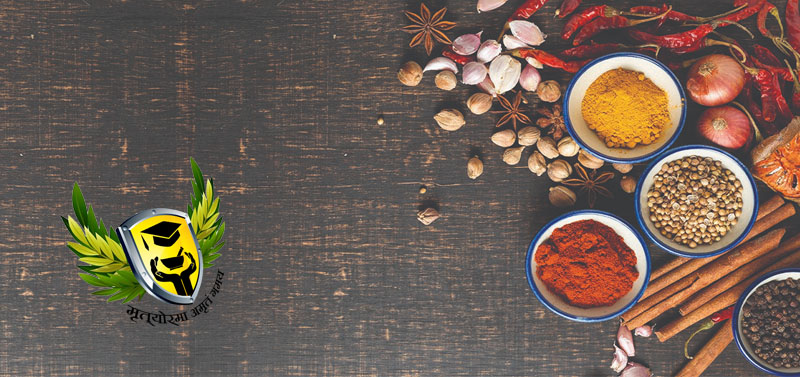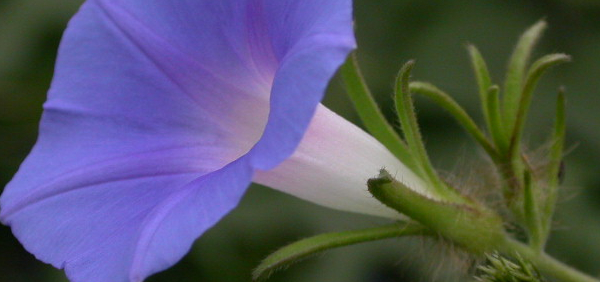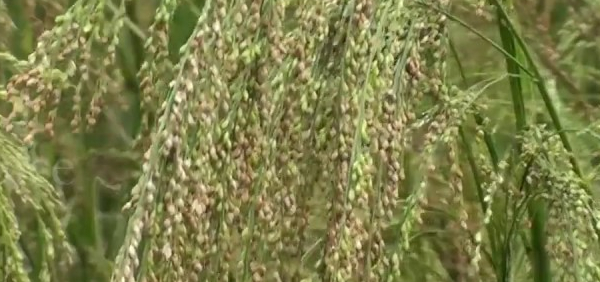Regular course:
Ayurveda continuing education for doctors (ACED)
Ayurveda continuing education for doctors
is a certified education by the European Ayurveda Association (EUAA), is state-approved in Germany and is based on defined regulations of the World Health Organization (WHO) by December 2010.
The education can be completed with a post graduate diploma for doctors (PGDip).
The continuing education includes fundamental category groups of Ayurveda. After acquisition doctors are enabled to practice the ayurvedic methodology in the areas of aetiology and pathogenesis. Doctors will be teached to identify illnesses, to work out a suitable indication and to set up professional therapy plans.
To receive a post graduate diploma as ambulant Ayurveda doctor, it is essential to pass a three years lasting course of studies concluding a final examination.
Ayurveda continuing education for doctors includes following steps:
725 hours of contact + 725 hours without tutor + 225 hours of case studies + 325 hours of Panchakarma courses (including self experience) = in total 2.000 hours
Curriculum
In the first study year of the extra-occupational advanced training for Ambulant Ayurveda
Doctors the following modules have to be completed:
Module 1: (125h, including 50 contact hours)
Basic principles inclusive
- History
- Philosophy
- Ashtanga Ayurveda
- Anatomy and physiology
- Pancha mahabhutas
- Doshas and subdoshas
- Dhatus
- Upadhatus
- Malas
- Srotas
- Kalas
- Interplay between the Doshas, dhatus and srotas
Module 2: Diagnostic and Therapy I (50h, including 20 contact hours)
Concept of Health and Disease
- Pakruti
- Vikruti
- Samprapti
- Nidan panchaka
- Srotas
- Kalas
- Ama cncl. Intor to tri
- Ashta and dashavidhpariksha
- Practical appreciation of darshananm
- Sparshanam
- Prashanam
- Other diagnostic techniques
Module 3: Dietetics and Cooking (70h, incl. 50 contact hours)
Inclusive treatment of desease and special diets for different
- Imbalances
- Rasa
- Virya
- Vipak
- Swastha Vrittam
Module 4: Dravyaguna I (60h, incl. 30 contact hours)
Intro to different forms of preparation
- Bhaisaja kalpana
- Rasa
- Virya
- Vipak and prabhav
Module 5.0: Kaya Chikitsa I (195h, including 100 contact hours)
- Internal medicine
- Prakruti and vikruti
- Assesment of body and mind incl. practical examples
- Types of treatment
- Treatment of common desease
- Acute and chronic conditions
Module 5.1: Summer Intensive Seminar with Dr. Vasant Lad (see 5.0)
Further information you will find at the special website about the Ayurvedic summer camp at the Euroved Academy.
Module 6: Yoga massage (optional)
Basic principles of Ayurvedic yoga massage:
- Use of different oil mixtures and calmus powder in consideration of bodily constitution
- Meaning of the Purvakarma and the Snehana for the preparation of a Panchakarma cure
- Practical exercises: back massage, leg massage
In the second study year of the extra-occupational advanced training for Ambulant Ayurveda Doctors the following modules have to be completed:
Module 1: Kaya chikitsa II (160h, including 80 contact hours)
- Treatment of complex disease
- Ayurvedic approach to disease and treatment
- Samprapti gatakas
Module 2: Gynaecology and Paediatrics (90h, including 45 contact hours)
- Pasutri tantra
- Kaumara bhrtya
Module 3: Ayuryoga (90h, including 45 contact hours)
Yoga applied to Ayurveda - Ayuryoga
Module 4: Dravyaguna II (50h, including 25 contact hours)
- Rasa Shastra
- Gems
- Other dravyas
- Legal status of Ayurveda
Module 5: Manuel Therapy (80h, including 40 contact hours)
including
- Marma Therapie
- Netra tarpana
- Karnau purana
- Nasya
- Lepas
- external basti
- Mukhabyhanga
- Anjana
- Dhumapan
Module 7: Exam with external Investigator (approx. 4 hours)
Further information concerning the exam you will get at the beginning of the study year.
In the third study year of the extra-occupational advanced training for Ambulant Ayurveda Doctors the following modules have to be completed:
Module 1: Surgery (80h, including 40 contact hours)
- Treatment of terminal diseases
- Surgery (Shalya)
- Ksara sutra
- Agni karma
- Ear nose
- Throat diseases
Module 2: Holistic approach (90h, including 45 contact hours)
- Manasika prakruti / vikruti
- Manasika gunas
- Body-mind-spirit interaction
- Holistic approach to Ayurveda
Module 3: Sanskrit / Terminology (90h, including 45 contact hours)
Sanskrit and Ayurvedic Terminology
- Reading and writing Sanskrit
- Introduction tot he texts and references of Ayurveda
- Bhrt trayi
- Laghu trayi
- Materia medica
- AFI
- Other authors and sources useful for research
Module 4: Toxikology etc. (40h, including 20 contact hours)
- Agad tantra (Toxikology)
- Rasayan (Rejuvenation)
- Vajikarana (Aphrodisiacs)
Module 5: Pancha Karma (180h, including 90 contact hours)
Introduction to Pancha Karma theory and practice
- Purva karma
- Karma und paschat karma
- Shodhan
- Shaman
- Rasayana
- Introduction to manual therapies
- Snehan swedan
- Theory and practice
Module 6: Exam with external Investigator (approx. 4 hours)
Further information concerning the exam you will get at the beginning of the study year.
Course duration: 3 years Online registration: Click here »
Government approved courses:
» Bachelor in Ayurvedic Medicine and Surgery (BAMS)» Bachelor of Science (Nursing) Ayurveda -B.Sc.(Nursing) (Ay.)
» Bachelor of Pharmacy - B.Pharm(Ay.)
Our courses:
» Ayurveda Product Training Course (APTC)» Ayurveda Therapists Course (ATC)
» Ayurveda continuing education for doctors (ACED)
Kotakkal Ayurveda - Mother land of modern ayurveda















